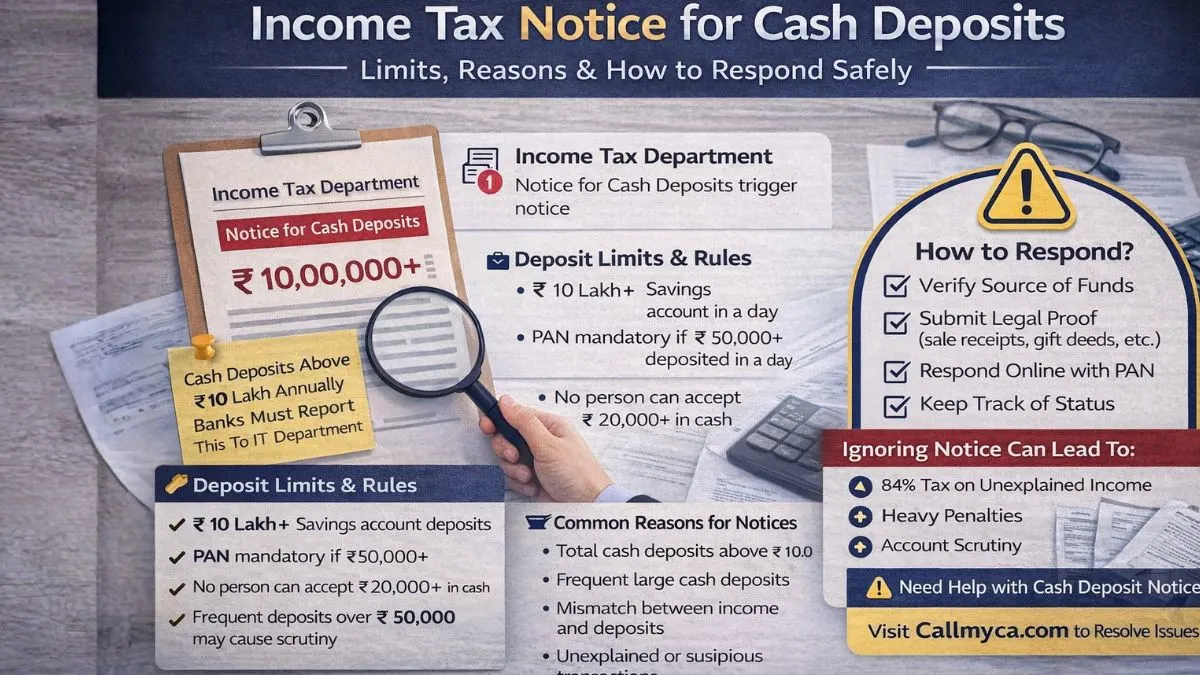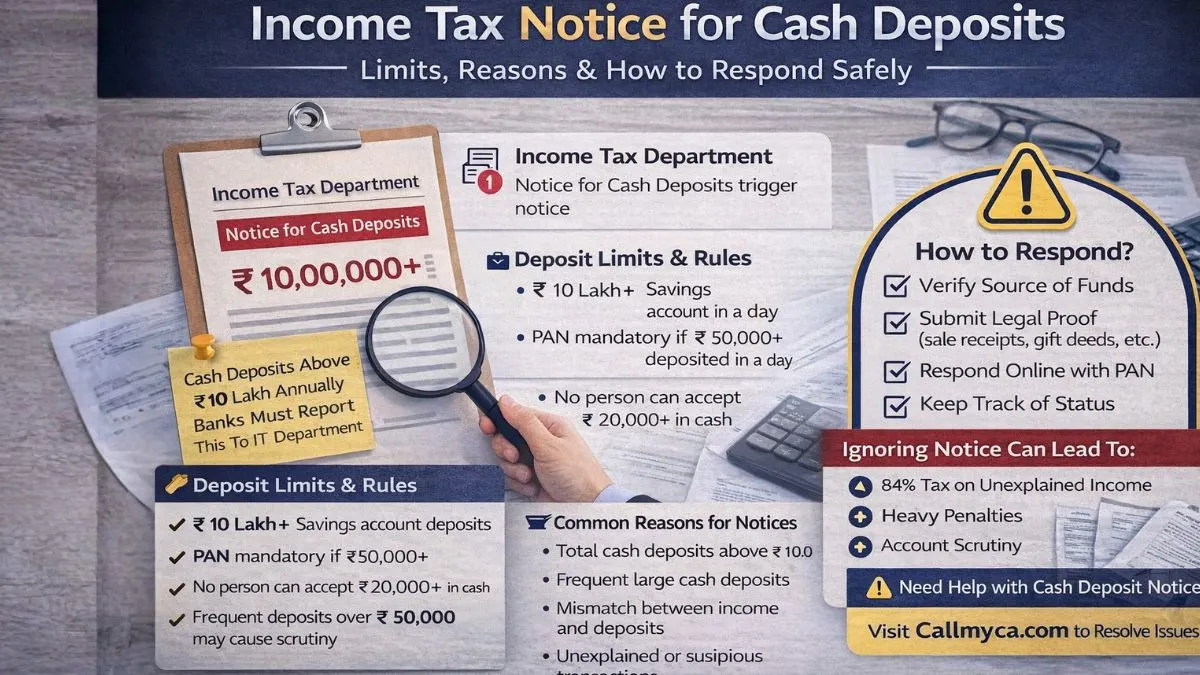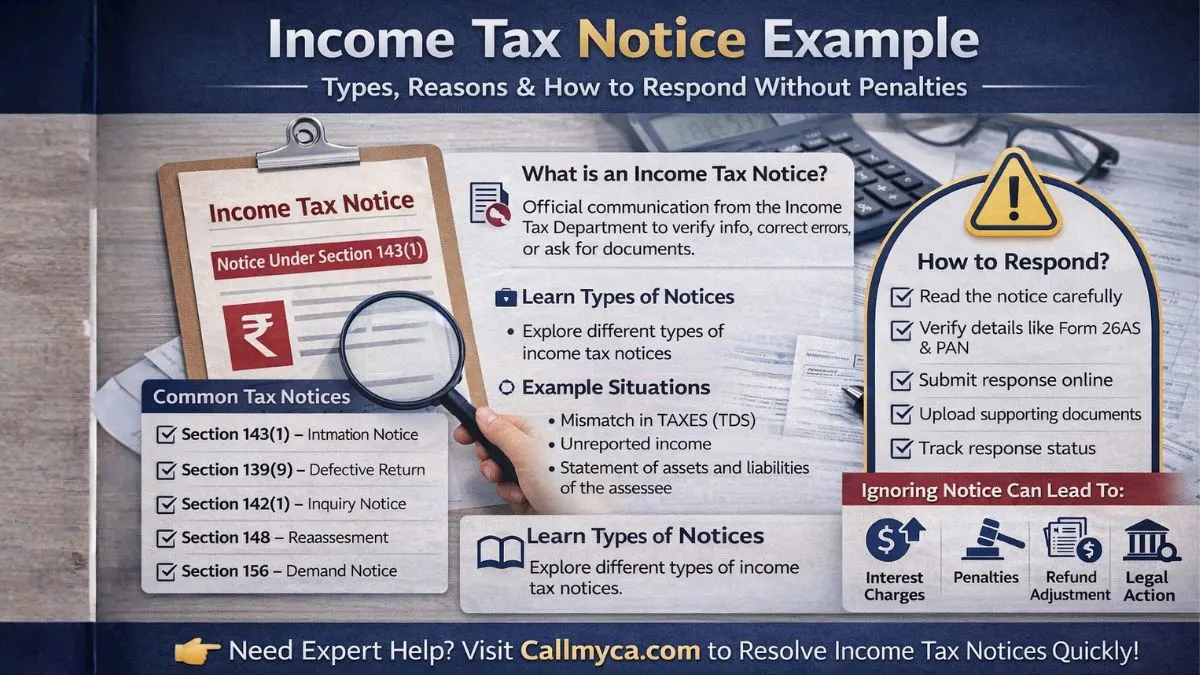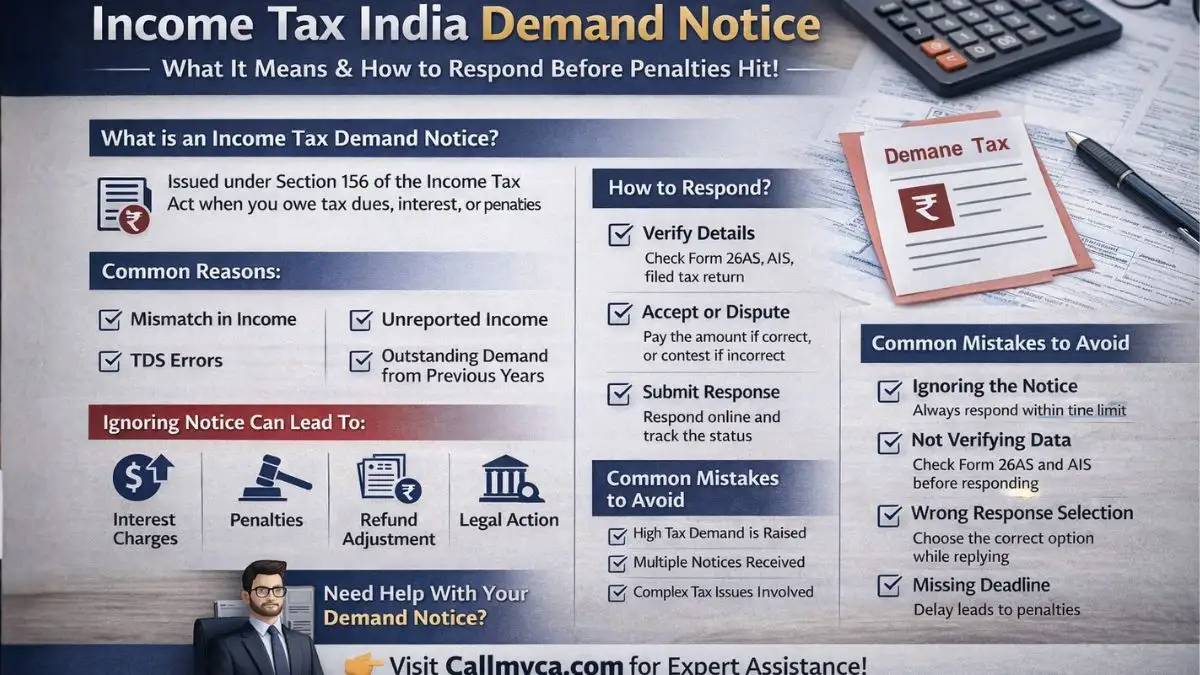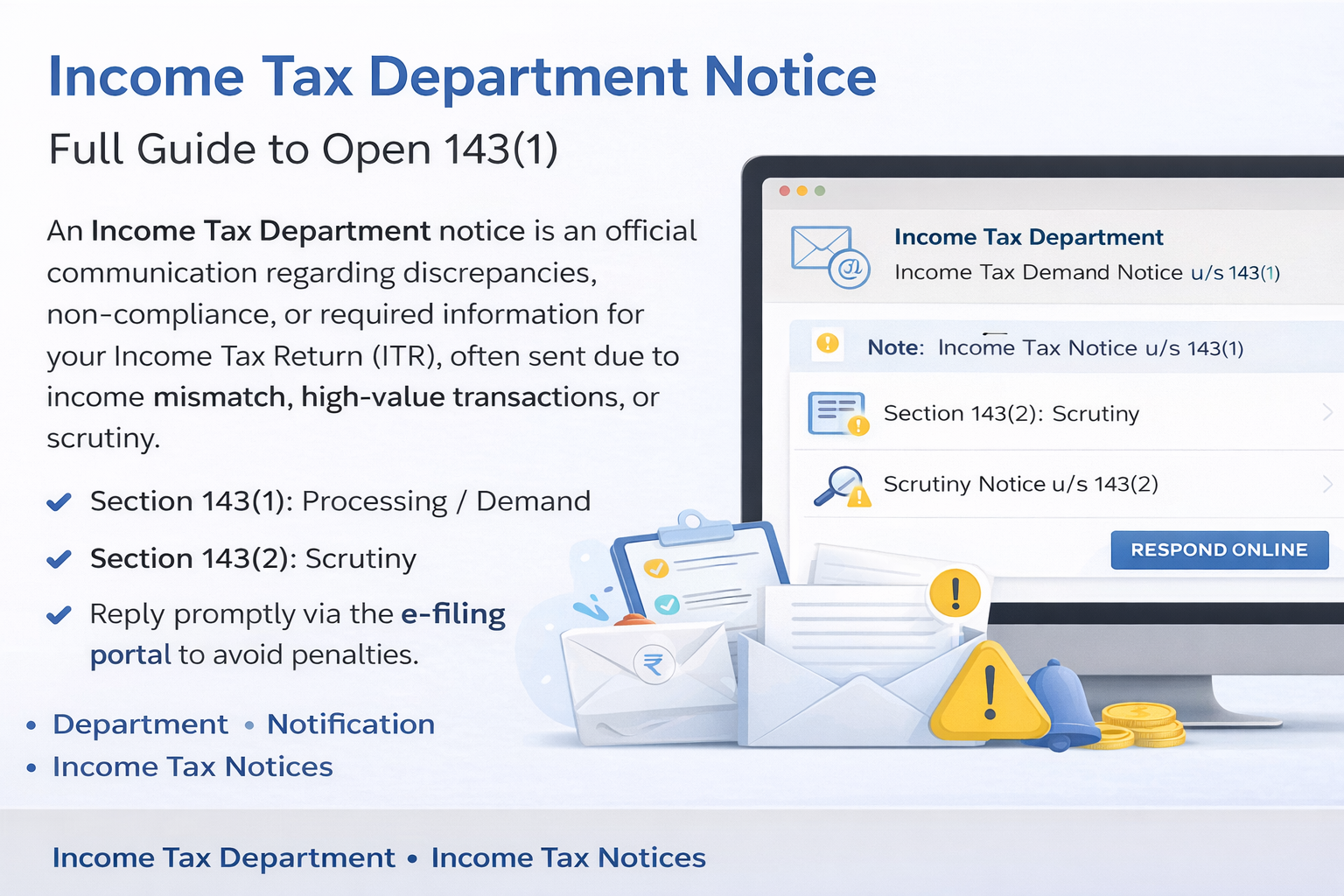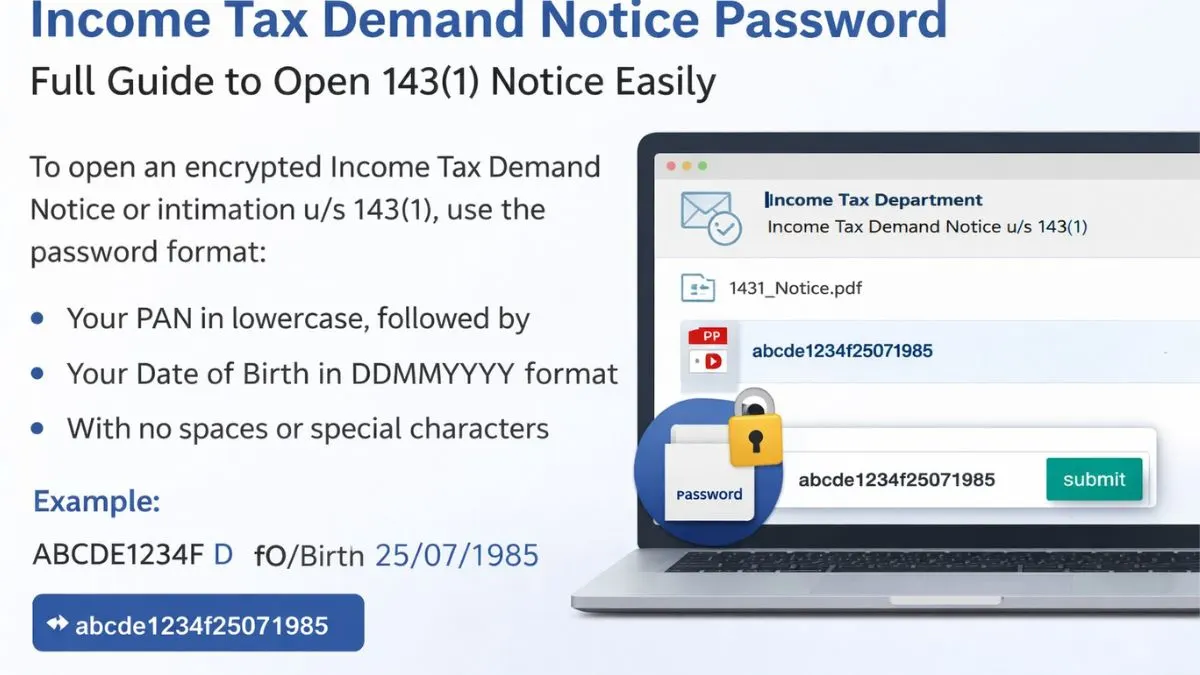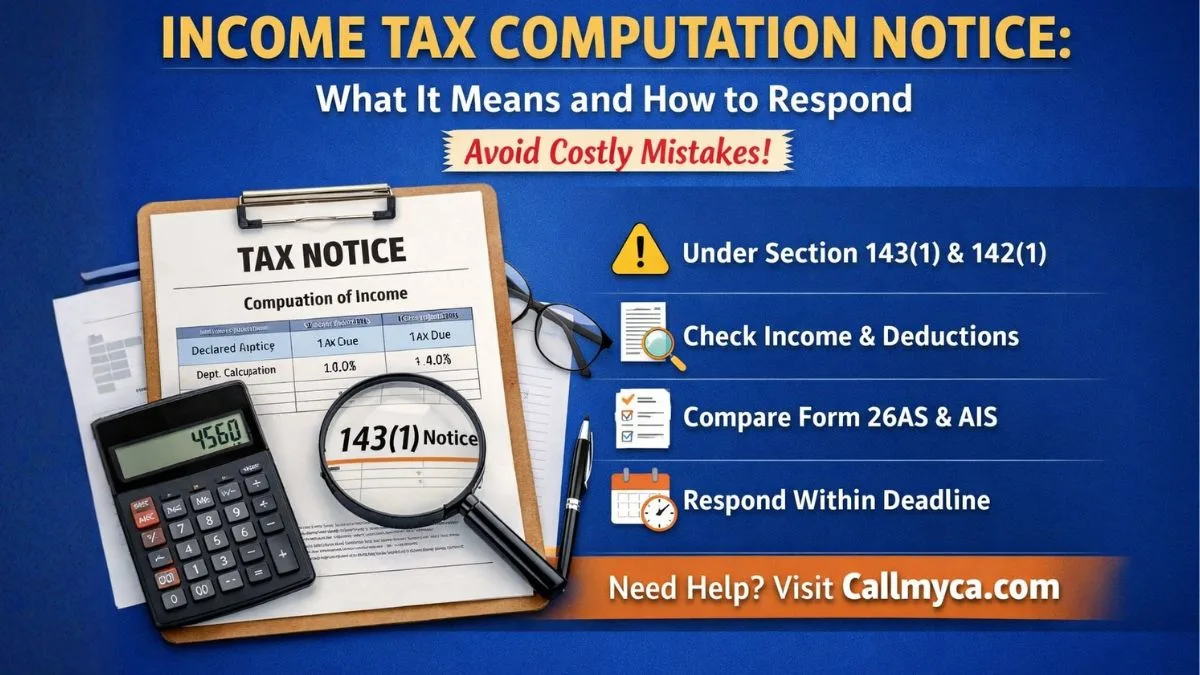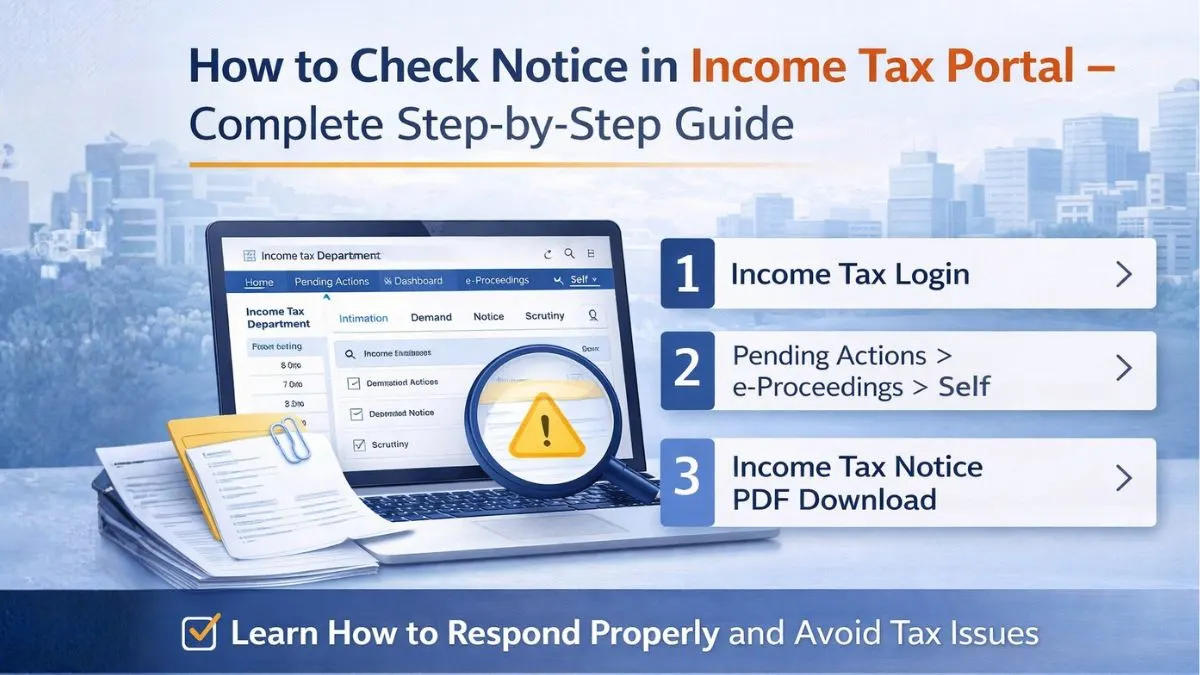
In today’s globalized economy, cross-border transactions between related entities are common. To ensure fair taxation & avoid profit shifting, the Indian Income Tax Act has introduced specific rules around transfer pricing. One such crucial provision is Section 92CE of the Income Tax Act, which deals with secondary adjustment to align transfer pricing outcomes with best international practices.
If you’re wondering what Section 92CE of Income Tax Act means & how it applies, this blog breaks it down in simple language with examples & clarity.
What is Section 92CE of Income Tax Act?
Section 92CE mandates a secondary adjustment when there is a primary adjustment made to the transfer price of an international transaction between associated enterprises. This provision was introduced to ensure that the excess income arising from primary adjustments actually reflects in the Indian books.
In essence, when the primary adjustment increases taxable income in India, the corresponding amount (known as the excess money) should be brought into India or pay additional income-tax at the rate of eighteen per cent if not repatriated within a specified time frame.
Why was Section 92CE Introduced?
The purpose of Section 92CE is to align India’s transfer pricing laws with the OECD guidelines & best international practices. Prior to this, while primary adjustments were made for taxation, no follow-up adjustments ensured the actual flow of funds into India. This created mismatches & potential revenue losses.
To curb this, the Indian government brought in Section 92CE of the Income Tax Act 1961."
What Triggers Section 92CE?
A secondary adjustment is triggered under Section 92CE in the following situations:
- Suo-motu Adjustment by the taxpayer in the Income Tax Return.
- Adjustment made by Assessing Officer & accepted by the taxpayer.
- Advance Pricing Agreement (APA) cases.
- Safe Harbour Rules (SHR) cases.
- Mutual Agreement Procedure (MAP) cases.
Once any of these events result in primary adjustment, the corresponding excess money must be repatriated to India.
What Happens If Money Is Not Repatriated?
If the excess money from the primary adjustment is not brought back to India within the prescribed time, then as per Section 92CE(2A) of Income Tax Act, the taxpayer must:
- Treat the amount as an advance to the associated enterprise, &
- Compute notional interest on the amount.
Alternatively, the assessee has the option to pay additional income-tax at the rate of eighteen per cent plus applicable surcharge & cess, instead of making the secondary adjustment.
Practical Example of Section 92CE with Secondary Adjustment:
Imagine Company A (Indian entity) sells goods to its foreign subsidiary for ₹10 crore. The Assessing Officer determines the arm’s length price should be ₹12 crore. The ₹2 crore difference is the primary adjustment.
If Company A does not receive this ₹2 crore within the specified time, it has two choices:
- Treat ₹2 crore as an advance & pay notional interest until repatriation.
- Pay additional income-tax under Section 92CE at 18% on ₹2 crore.
Key Features of Section 92CE at a Glance:
- Applicable to transfer pricing adjustments exceeding ₹1 crore.
- Introduced in line with OECD BEPS Action Plan.
- Taxpayers must bring back excess money within 90 days (or as prescribed).
- Option to pay additional income tax at 18% to avoid notional interest calculation.
- Subsections like 92CE(2A) clarify further on the treatment of amounts & timelines."
Importance of Compliance with Section 92CE
Failure to comply with Section 92CE can lead to litigation, penalties, & increased tax costs. For multinational entities & start-ups engaging in international transactions, understanding & adhering to Section 92CE of Income Tax Act with example is essential to avoid complications.
Moreover, with the recent amendments & clarifications under subsection 2A of Section 92CE, taxpayers must stay updated to ensure accurate compliance.
Conclusion: Why Seek Professional Help?
Complying with transfer pricing regulations like Section 92CE of Income Tax Act requires precision & timely action. Even minor non-compliance can attract penalties or litigation. At Callmyca.com, our experts help businesses stay compliant while optimizing their tax positions. If you’re unsure about how Section 92CE impacts your business, don’t hesitate—reach out today for expert guidance that saves money & protects your business from future tax troubles.

